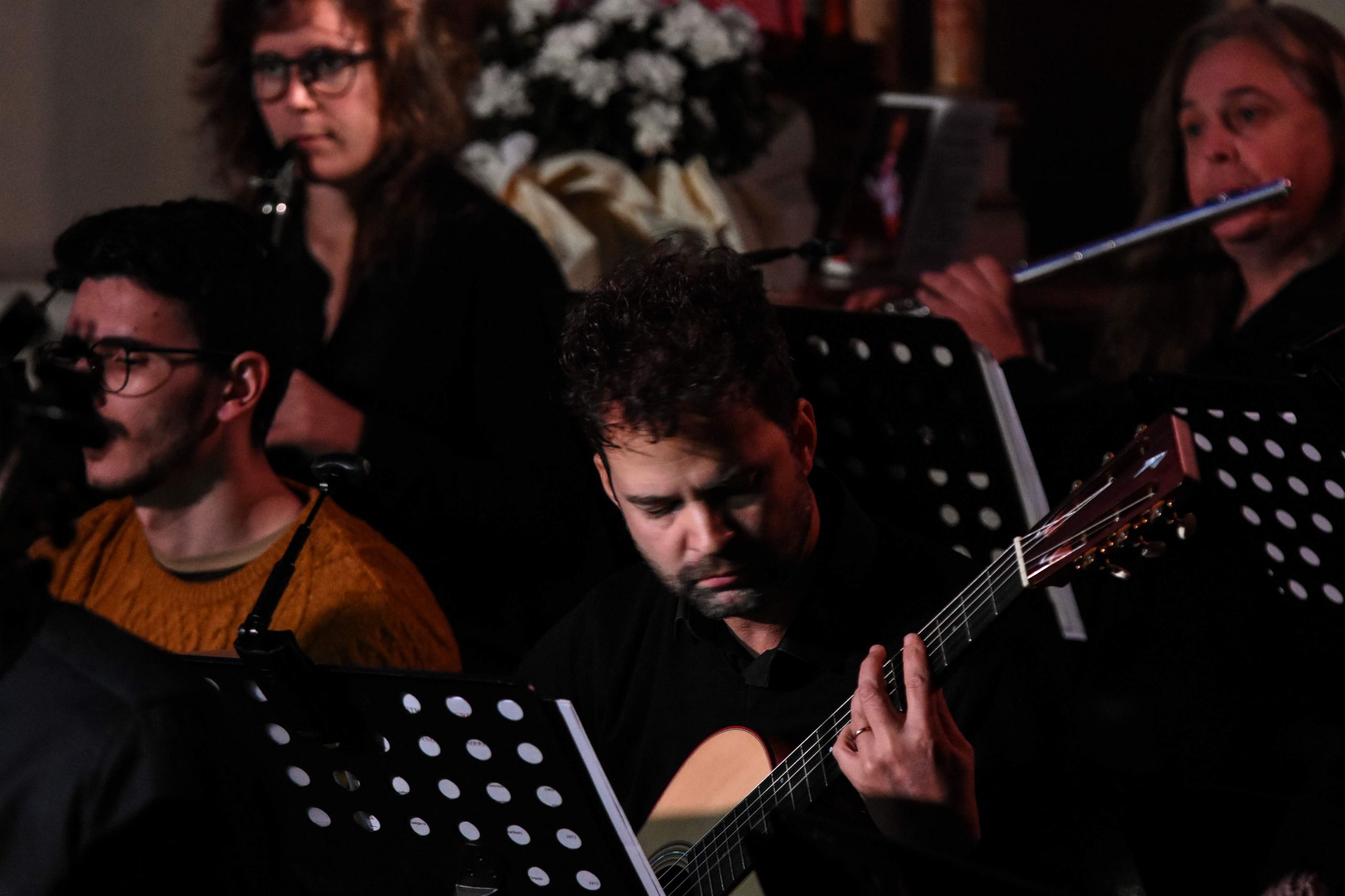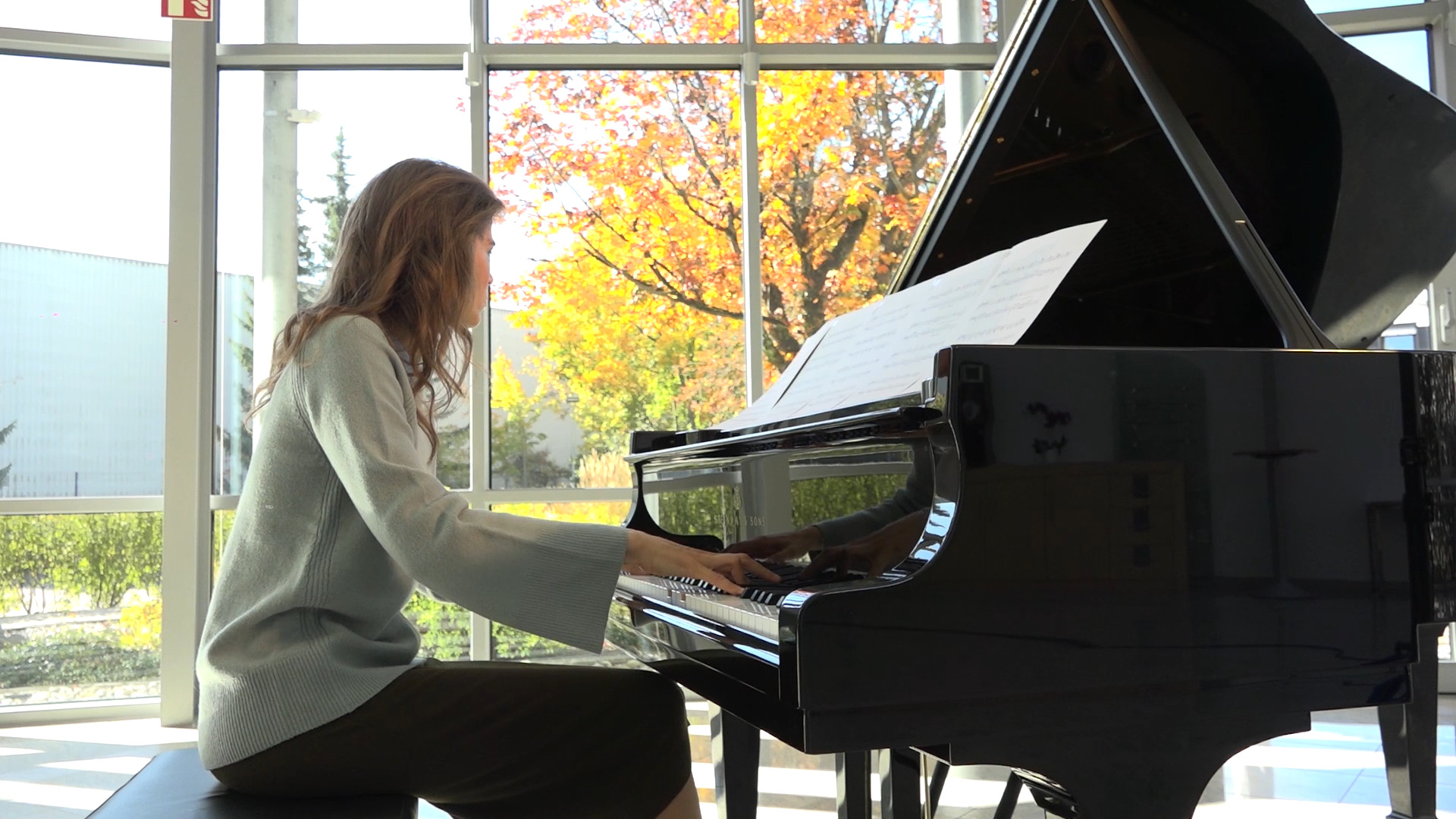About
I was born in PIacenza, Italy, in 1976, the last of 6 sons. My big family has a great connection with the music world even if nobody of us is a professional musician. Our father loved to play guitar and left us a great culture of popular music. I started playing guitar at 12, self learning, and then I played in some small rock bands until I was 20, since I started studying classical guitar with Massimo Visalli, member of the guitar quartet Exsacorde. At the same time, I independently studied harmony, counterpoint and composition techniques and after a few years I began to participate in composition competitions, to evaluate my skills. In 2001 I graduated in mechanical engineering, with a thesis on guitar strings, and started working as an engineer, without stopping music activities. In the meantime I wrote music for small documentaries and small theater shows, and directed some small local choirs, and wrote small compositions for them. In 2009 I won 2nd prize (first not assigned) at Brescia Contemporary Guitar international composition competition with the piece Quetzacoatl, published by Berben editions. Since 2016 I have been playing as second guitarist in the orchestra Luigi Cremona of Agazzano (Piacenza, Italy), and I never stop writing music

